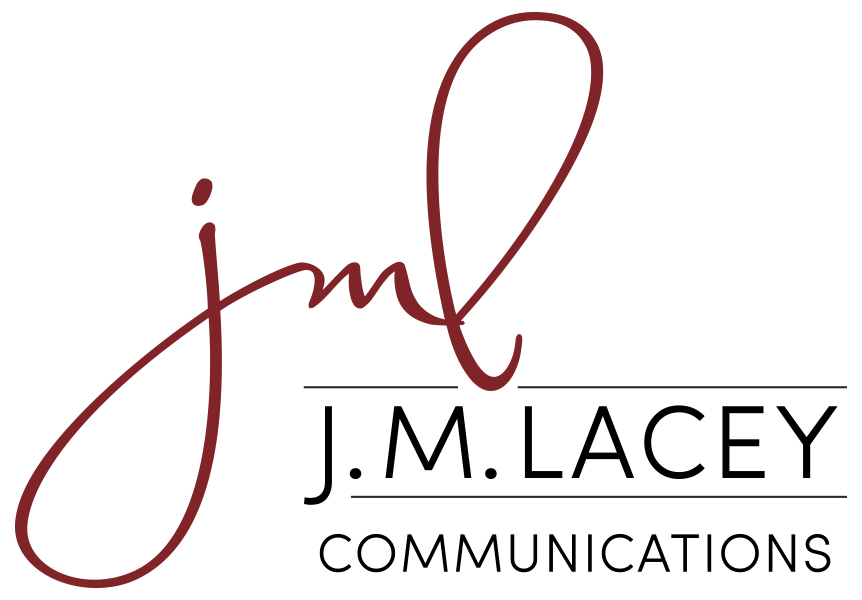Back in the day, I was a reporter for a local newspaper, and I learned a lot about writing captivating news stories about boring subjects. My conversations with my editor were few and far between because he worked in another office. During the rare occasions he called me, it was usually to give me better writing advice, which ran along the lines of: “don’t write that way again,” followed by why it was wrong. On his more stressful days, a heated tone would accompany that advice (to put it mildly).
One particular “conversation” involved him ranting about my use of towards rather than toward. “It’s never towards,” he yelled. “It’s always toward. TOWARD.”
Okay.
And to this day, every time I write toward, I hear his voice bellowing in my head.
I’ve had other supervisors over the years and even college professors drill into me why I should or should not use particular words. And I hear their raised, passionate voices too when those words pop up.
While I don’t agree with the delivery method in their corrections and would not tolerate it today as I did as a young, vulnerable writer, I also realize that I might not have known the error of my writing ways without someone to tell me.
And so, I’m telling you, with a much calmer tone and a gentle smile, that the words you are using are not helping your writing skills.
With that said, however, sometimes it depends on what source you consult to determine how something should be written, used or spelled.
What are some words to address?
For example, one of my pet peeves (which I believe was a professor’s, dumped onto me), is the difference between heartrending and heart-wrenching. The former is correct (used with or without a hyphen, depending on your source), while heart-wrenching is incorrect. The latter came from gut-wrenching, a term for mental or emotional anguish stemming from within the gut. So, decide whether the pain is in the heart (heartrending) or in the gut (gut-wrenching), and you will have your correct word.
Unprecedented has taken over as the hot-button go-to word since the COVID age, and it has not stopped (much to my chagrin). Every news story begins with “unprecedented,” which makes me wonder if an event truly is unprecedented, where do we go from here if it’s worse? Its constant usage does not bode well for the intelligence of the reporter. Just because a word is popular doesn’t mean it’s the right word to use. Be original and choose a better descriptive word. Because at some point, something truly will be “unprecedented.”
C.S. Lewis once said: “Don’t use words too big for the subject. Don’t say ‘infinitely’ when you mean ‘very’; otherwise you’ll have no word left when you want to talk about something really infinite.”
Other words and phrases to think about
I’ve got vs. I have. I’ve is “I have,” which means if you use I’ve got, you are saying: “I have got,” which is redundant. You either have it or you got it, but you don’t have got it.
Home vs. Hone. You home in on or zero in on something, but you hone or sharpen your skills.
Regardless vs. Irregardless. Not exactly sure where the latter came from, but it’s wrong. It’s regardless. Irregular and irresponsible might be the culprits, but there’s no reason to add a negative as a prefix. “Irregardless” is not a word, as your spellcheck will highlight.
Insure vs. Ensure. Insure has to do with insurance, money. Ensure is to guarantee or confirm something.
Literally vs. Figuratively. You literally fell out of your chair laughing because the fall really happened. But the joke figuratively had you in stitches because the metaphor did not involve needles and thread. Or, the realization figuratively blew your mind, but it did not literally blow your mind because you’d walk around decapitated.
There are plenty more, but this is good for now. If you’d like to look at more words and phrases that kill your professional image, you can check it out here: “Redundancies, Clichés and Buzzwords That Are Killing Your Professional Image.”
I hope I have not traumatized you. But I will say that I’m the picky word writer I am today because of the past trauma. And I still appreciate it when editors point out areas where I can improve.
What about you? What misuse of words drives you bonkers?
Avoid using words simply because they are popular. Have a trusted colleague review your work and point out any words or phrases that are incorrect or could be said better. And never be afraid to question your word choice and refer to your dictionary or grammar check.
(Photo by Andrea Piacquadio from Pexels)
My 2-Day VIP Writing Focus Workshop will help you improve your writing skills. Designed for busy staff — or individuals — who desire to write better and create engagement. Need more focused personal attention? Contact me for one-on-one coaching to improve your writing skills.


Recent Comments